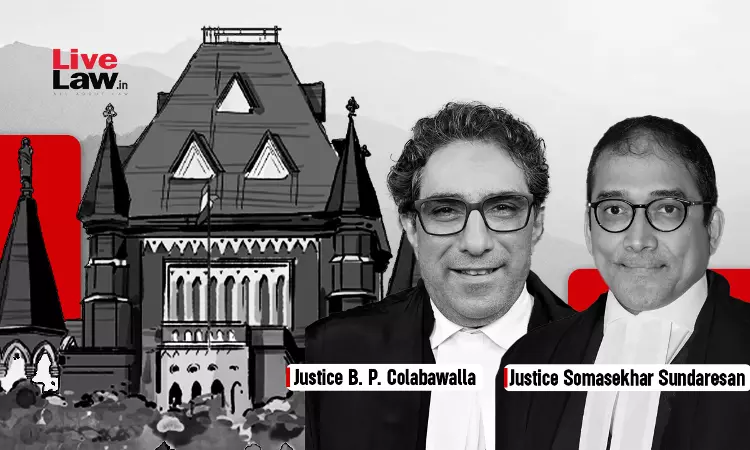Maharashtra Govt Decision Hiking Lease Rentals In Mumbai's Bandra Not Extortionate: High Court
Sanjana Dadmi
12 July 2024 10:15 AM IST

Next Story
12 July 2024 10:15 AM IST
The Bombay High Court has held that the State Government's decision to calculate lease rent based on the value of land given in the 'Ready Reckoner' was not arbitrary. However, it ruled the Government Resolution allowing lease rent revision every 5 years, as per the value of land on date of such revision, was invalid because the original lease deed did not stipulate such revision.The...
